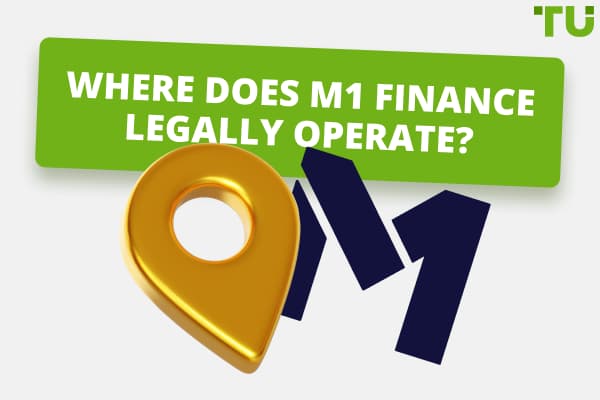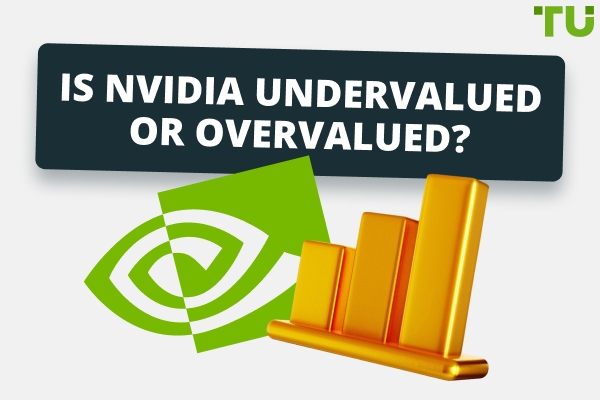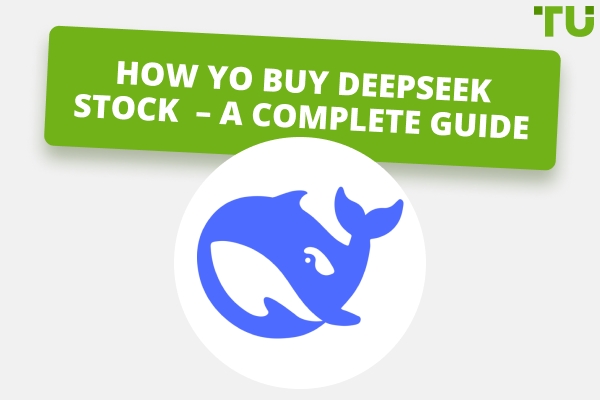
Can M1 Finance Be Trusted?
Yes. M1 Finance can be trusted. The broker is a FINRA-registered and a member of the SIPC. SIPC insurance covers up to $500,000 of your investments and FDIC insurance covers cash in your M1 Spend account up to $250,000.
M1 Finance Background
Chicago-based M1 Finance was founded in 2015. Among its features are self-directed trading, margin lending, fractional shares, automated investing, and IRAs.
In M1 Finance, investors can manage their money, invest, and borrow using one platform. With the app, you can earn rewards and cash back on qualified purchases using a debit card that integrates directly into the platform.
M1 Finance combines automated investing with portfolio customization, as well as borrowing and spending capabilities. More than 60 pre-built portfoliosor “pies” are available, as well as custom portfolios.
Experienced investors can automate their portfolio strategy while matching risk appetite, diversification goals, and personal preferences. In addition, M1 has low overall costs, as it charges no fees on investment management or trading, putting more dollars to work for you.
Is M1 Finance Regulated?
Yes. As with other broker-dealers, M1 Finance is regulated by FINRA.
Brokers that hold SEC brokerage licenses are regulated by FINRA. Although FINRA provides some benefits to members in terms of background checks and training requirements, mere membership is not enough to regulate an organization.
Even though both organizations are self-regulatory organizations (SROs), one focuses on broker-related concerns, while the other protects investors and regulates securities markets.
Are Your M1 Finance Investments Protected?
Yes. The deposits you make on the M1 Spend platform are stored in a bank account that M1 Finance controls. These accounts are insured by the FDIC, which also performs the following functions:
Establishes insurance limits by reviewing the bank's assets, deposits, and loan activities.
Investors can receive up to $250,000 if a bank fails to meet its obligations or is otherwise compromised, if certain rules are followed for depositing funds.
Provides receivership management (in the event that a bank becomes insolvent)
Therefore, if M1 Finance shuts down, your money will be safe with the FDIC.
In addition, SIPC (Securities Investor Protection Corporation) protects your funds in your brokerage account (M1 Invest) against loss of cash and stocks. As a result, the SIPC protects both your portfolio and your brokerage account cash.
It’s important to note that SIPC doesn’t cover you if your stocks go down in value. You’re responsible for that risk.
In the event that your brokerage goes bankrupt or can’t pay you your withdrawal request, SIPC protects your assets.
So, what’s the difference between the FDIC and SIPC? SIPC insurance provides limited protection for your brokerage account assets, while FDIC insurance provides protection for your bank deposit accounts. At present, there are 5,408 banks and financial institutions in the U.S. covered by FDIC insurance.
What to Invest in Right Now? Top 10 StocksHow M1 Finance Makes Money
M1 Finance makes money in a variety of ways. Below are the various methods M1 Finance makes a profit.
Payment for Order Flow
High-frequency traders (HFT) make markets on the stock based on orders placed through M1 Finance. In exchange for processing the transaction, the HFT earns a small commission, which it shares with M1 Finance. This process happens at a lightning fast speed.
The client does not experience any impact on order execution because the spread is generally lower at high-frequency traders.
In addition, the backend commissions aren’t deducted from the client's trading account. Essentially, the market maker trades on the user's trade, making money from the spread between the bid and ask.
According to some finance experts, the client becomes the product when they’re paid for order flow. M1 Finance, however, can't charge commissions on trades unless they do this.
How To Invest In Stocks: A Step-by-Step InstructionInterest on Short Sales
The short sale process involves traders borrowing shares from M1, reselling them on the open market. Then, they make money when the asset price drops and they can buy back the shares. Traders must pay interest on borrowed shares, which M1 receives as revenue.
Interest on Cash
M1 Finance has over $3 billion in assets under management (AUM). The company lends out the cash balance on its balance sheet to banks and other financial institutions on interest.
Lending
If users meet M1's lending criteria, they can also take out loans against their portfolio value. Like any other bank that provides personal loans, M1 charges interest on the outstanding balance.
FAQ
Is M1 Finance good for beginners?
M1 Finance is a great option for beginners. However, M1 Finance isn't recommended for traders looking for a short-term trading platform due to the lack of order types and limited trading window.
Is M1 Finance good for long term investing?
Yes. M1 Finance is a great investment platform for long-term investors. The investment platform is very powerful and unique, except for a few advanced scenarios where it is not a good fit. Regardless of whether it's your only investment platform or not, it's great for smaller accounts.
Is M1 Finance trustworthy?
Yes. M1 Finance is a FINRA-registered broker/dealer and a member of the SIPC. SIPC insurance covers up to $500,000 of your investments and FDIC insurance covers cash in your M1 Spend account up to $250,000.
Can you lose money in M1 Finance?
Yes. Investing involves risk. You may lose money at any time. You can, however, adjust your portfolio with M1 Finance to increase the percentage of bonds ETFs included in your pie, thus reducing your overall portfolio risk.
Team that worked on the article
Ivan is a financial expert and analyst specializing in Forex, crypto, and stock trading. He prefers conservative trading strategies with low and medium risks, as well as medium-term and long-term investments. He has been working with financial markets for 8 years. Ivan prepares text materials for novice traders. He specializes in reviews and assessment of brokers, analyzing their reliability, trading conditions, and features.
Olga Shendetskaya has been a part of the Traders Union team as an author, editor and proofreader since 2017. Since 2020, Shendetskaya has been the assistant chief editor of the website of Traders Union, an international association of traders. She has over 10 years of experience of working with economic and financial texts. In the period of 2017-2020, Olga has worked as a journalist and editor of laftNews news agency, economic and financial news sections. At the moment, Olga is a part of the team of top industry experts involved in creation of educational articles in finance and investment, overseeing their writing and publication on the Traders Union website.










